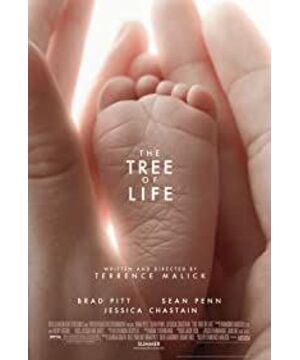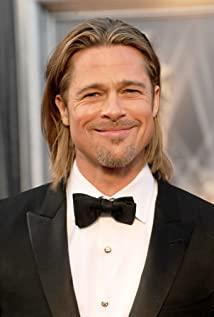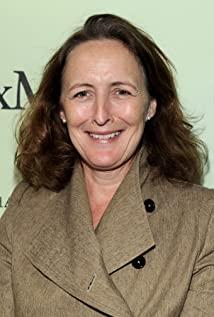Playwright and director Terence. Malik is good at putting individual storylines in a grandiose context, and this time, he's taken it to the extreme. The trivial life of a family of five is ordinary, broken, and even somewhat mediocre depression. This kind of life scene happens in our life, it's too bland to describe. And the background of all this is the entire heaven and earth created by God in Genesis, as well as the final kingdom of heaven. After watching this 130-minute-long movie, I had to be convinced by such a great idea. On the surface, it seemed that the grandeur of the universe was used to set off the insignificance of the individual. Vision and scenes to reflect the existence and importance of individuals in the kingdom of God.
What matters is not the age of the story, but the age of the story. Foucault.
We see the confusion and confusion of this age when we see Sean Penn's bewilderment and bewilderment on his face beneath the skyscraper.
At the beginning, the film proposed two paths of life growth, one is the nature and the other is the grace. Nature actually needs to trace back to Nietzsche's "healthy self". When it comes to Nietzsche, we immediately think of his claim that God is dead, turning his eyes and the path of life growth to the natural needs of the self. Because he believes that the self-forgetfulness in Christianity has distorted and annihilated the healthy self of human nature. But Christianity advocates redemption and thanksgiving. In this film, Malik reflects two different worldviews with two different attitudes towards life of the host and hostess of an ordinary family. Ultimately, grace is the way to heaven.
The film is not only the fracture of the postmodernist stream of consciousness. After watching the whole film, in fact, it is not only deconstructionism, but also structuralism. All the trivial, shifting scenes are finally explained and unified in one peaceful end credit.
View more about The Tree of Life reviews











